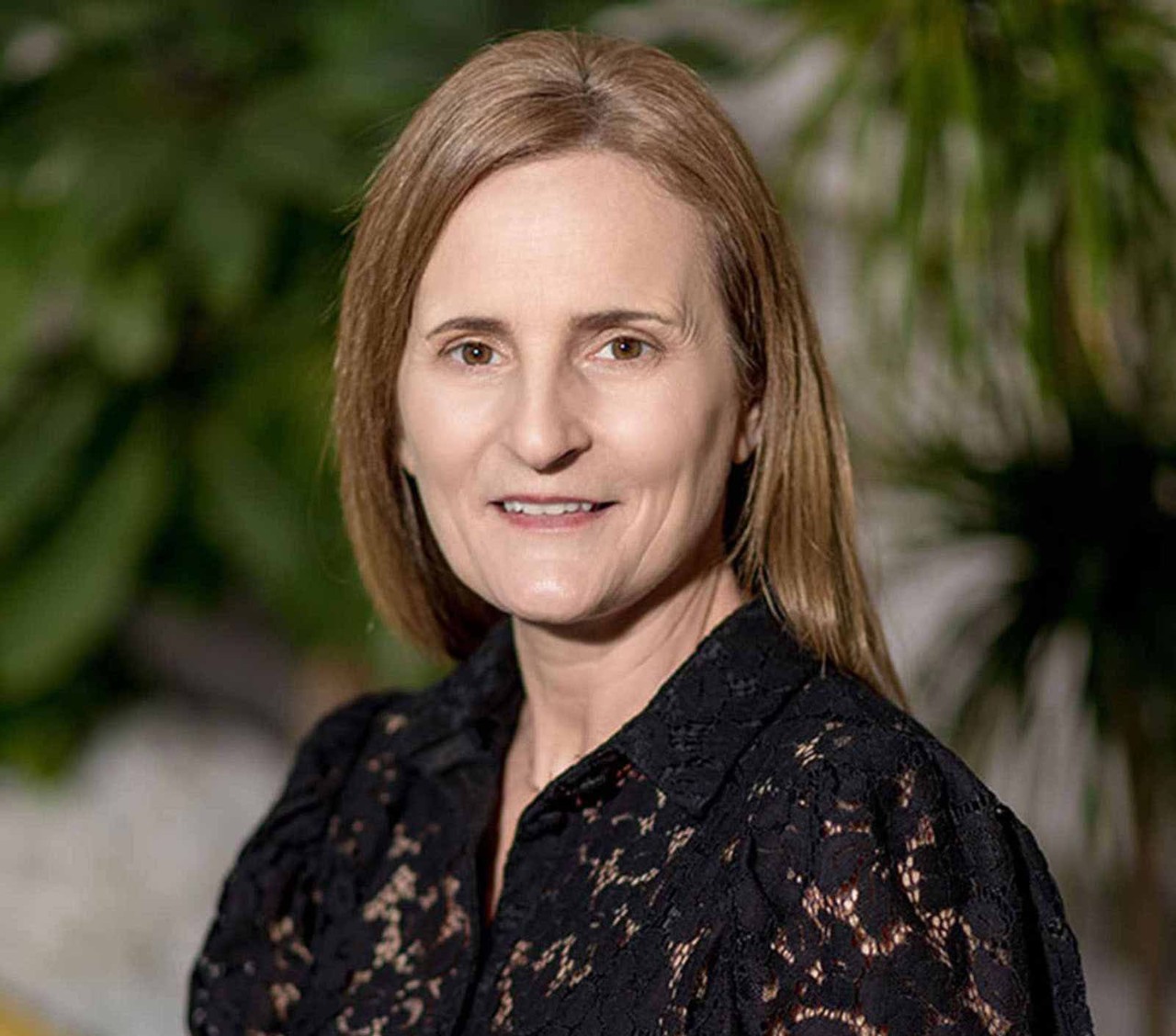
In March 2020, a new committee was established by the Financial Reporting Council’s SORP-making body to advise on the development of the Charities SORP (statement of recommended practice). There is Irish representation on the committee and on four of the seven engagement strands set up to provide feedback on specific areas of interest and focus.
In the summer of 2020, the Irish committee members undertook research to gain insights into why charities in Ireland use – or do not use – the Charities SORP, as well as to build a better understanding of the sector’s views. Data from this research and data analytics organisation Benefacts was used to prepare a presentation to the SORP Committee in November 2020. This presentation and the related report will be available on the SORP micro-site later this year.
Adoption gap
According to Benefacts, at the end of 2019 there were 7,869 charities in Ireland, 4,699 of which filed 2018 financial statements although 1,788 (38%) filed abridged accounts. Of those that did file statements, only 683 (14%) filed SORP accounts, highlighting the remaining gap for SORP adoption in the charity sector in Ireland.
Charities SORP is not yet mandatory in Ireland. Irish incorporated charities are required to follow Irish company law and therefore FRS 102. The pending Charities (Amendment) Bill 2020 is expected to make SORP mandatory for charities with income in excess of €250,000.
Accounting systems and software used by Irish charities do not deal efficiently with SORP requirements, particularly fund accounting, capital grants and restricted/unrestricted classifications
Research findings
Charities gave as reasons for not preparing SORP accounts: cost, limited access to resources, limitations of their accounting systems, and SORP not being mandatory in Ireland.
In contrast, 81% of charities using SORP indicated they do so for reasons of best practice, transparency and governance. In addition, 89% of users said that SORP accounts met their stakeholder needs very well or reasonably well.
The survey highlights that accounting systems and software used by Irish charities do not deal efficiently with SORP requirements, particularly fund accounting, capital grants and restricted/unrestricted classifications.
The most common difficulties experienced by charities using SORP included distortions caused by recognition of capital and multiannual funding, preparation and use of fund accounting, and too few tiers for reporting requirements. However, 59% of charities using SORP wanted a period of stability, without changes to the Charities SORP.
Benefits of SORP accounts for organisations
The way forward
The research indicated a number of issues for the SORP Committee, the Charities Regulator and the sector in Ireland to consider, given that there is unlikely to be any significant increase in usage until SORP becomes mandatory in Ireland. The survey results indicate no significant desire in Ireland for changes to the current Charities SORP, reflecting that usage is not common practice and the sector is still grappling with the current version.
However, the survey highlights some areas for the SORP Committee to consider:
- more options for tiers/size of charities to make SORP simpler for smaller charities
- reduced analysis requirements in fund accounting and statement of financial activities
- income recognition to allow amortisation of multiannual and capital funding/grants
- increased clarity about what constitutes a support/governance cost to make comparison easier between charities
One common issue that emerged was that Irish charities are not using SORP-specific software. There may be an opportunity for the SORP-making body to explore the possibility of recognising software solutions that meet reporting requirements.
The growth in reporting requirements from various Irish government agencies was cited as a reason for not preparing SORP accounts. We understand that the Charities Regulator has held discussions over the possibility of introducing a ‘passporting’ process for financial reporting with some other government agencies and departments. It would be beneficial to the sector in Ireland if an agreement could be reached on accepting one form of financial reporting to meet the majority of funder requirements.
The high response rate for the benefits of using SORP and for SORP accounts meeting stakeholder needs indicates the positives for Irish charities that have adopted SORP. This is a message that sector umbrella groups and accountancy bodies could share with their members to encourage more Irish charities to voluntarily prepare SORP accounts.




